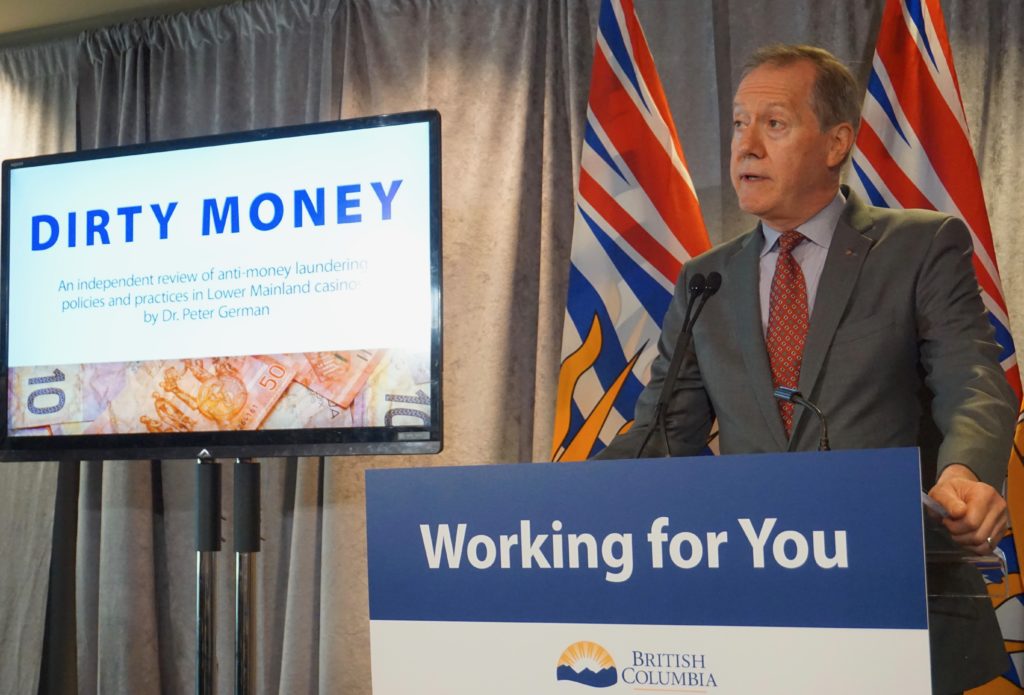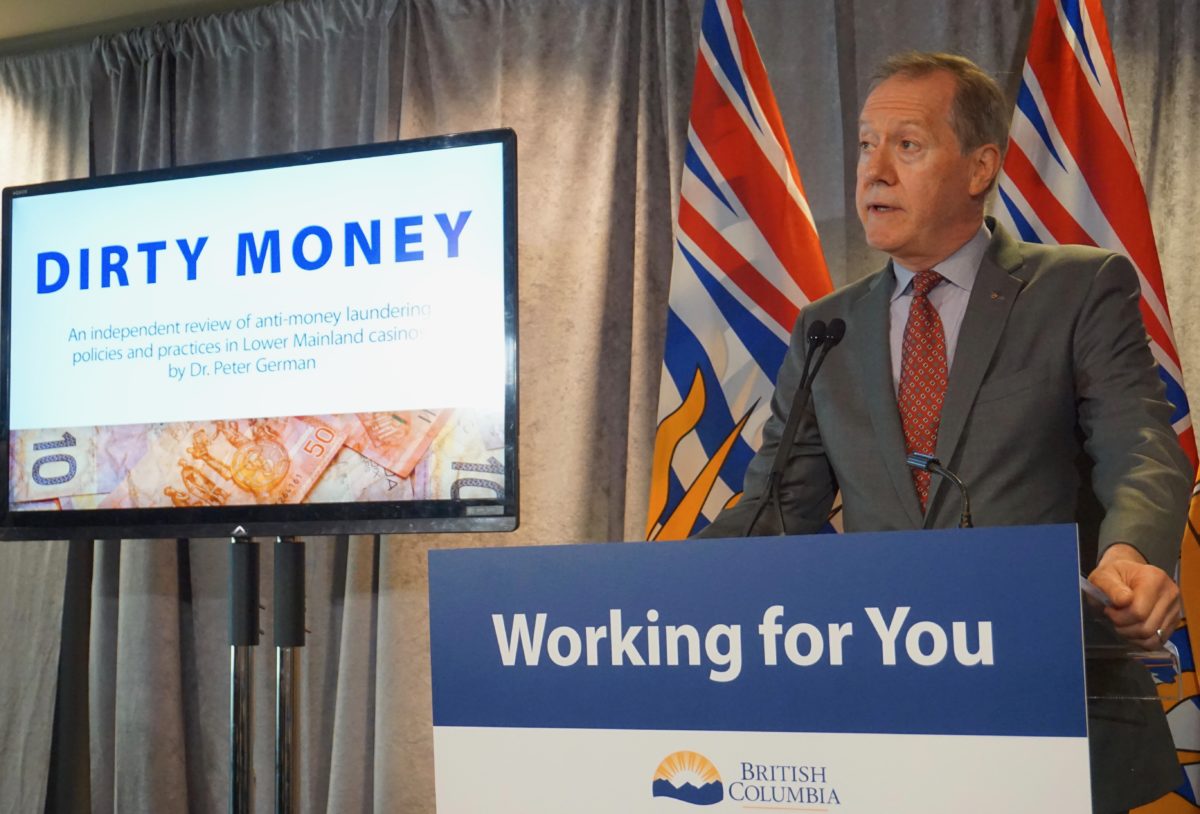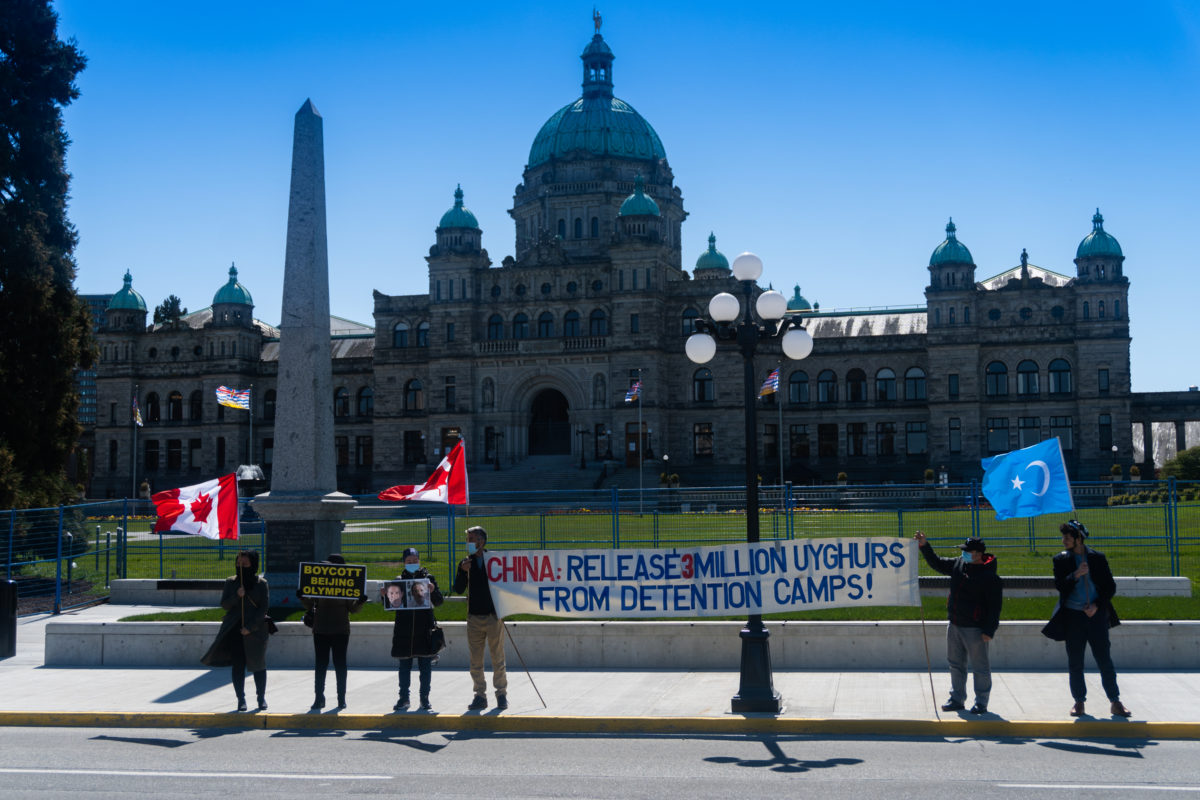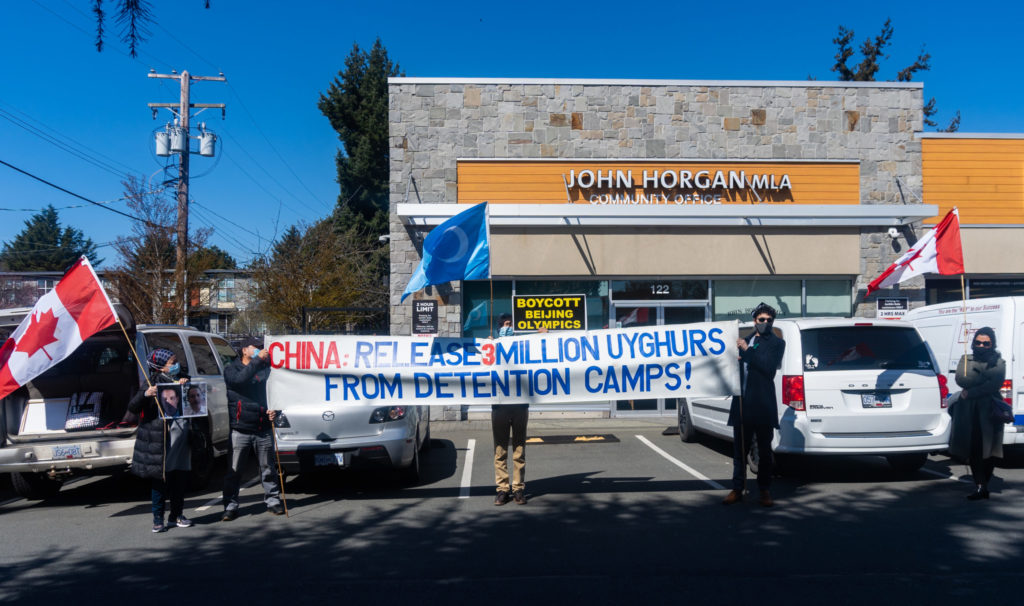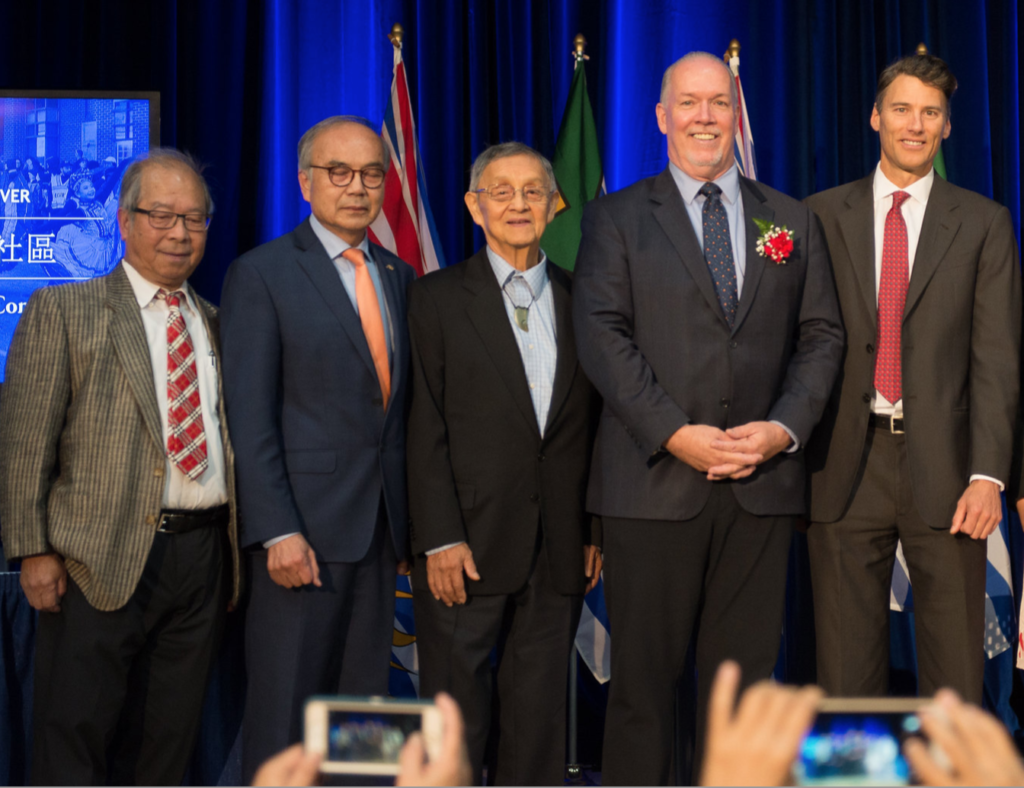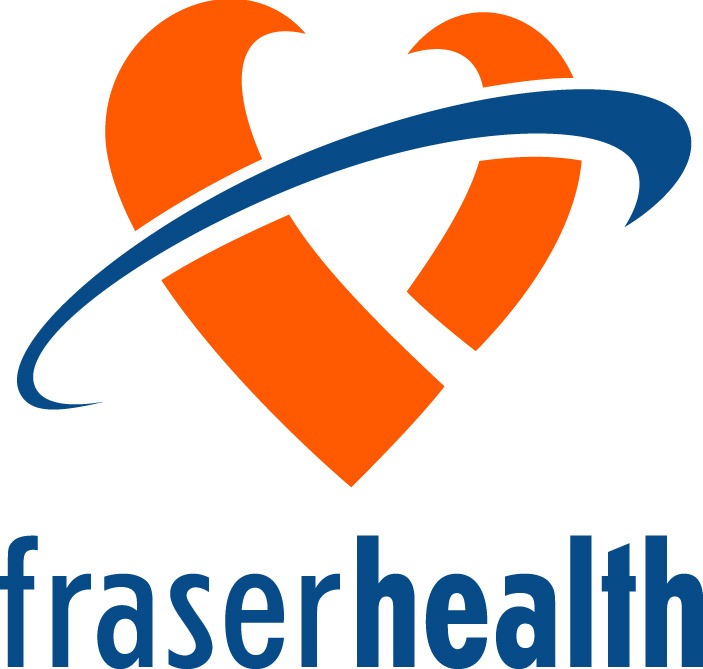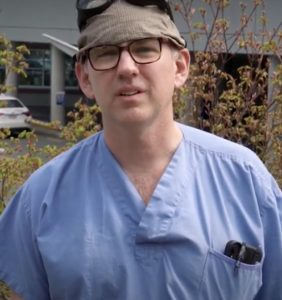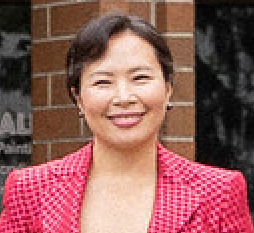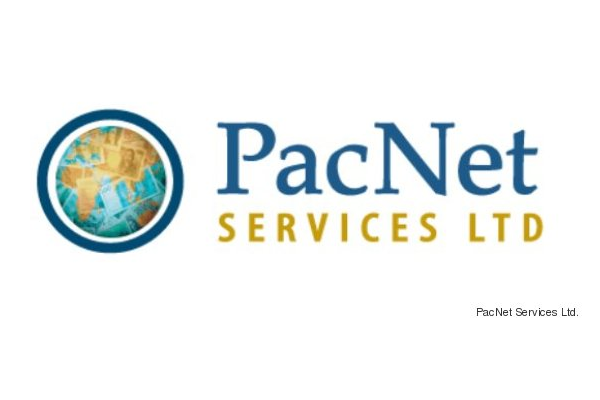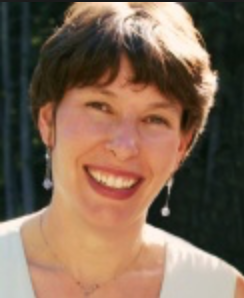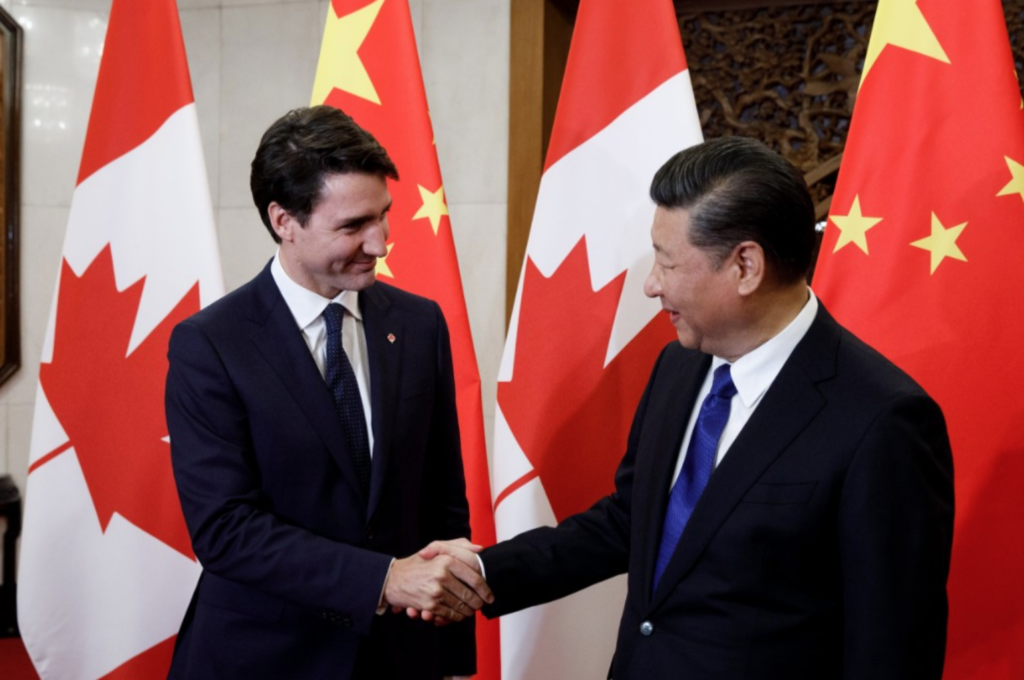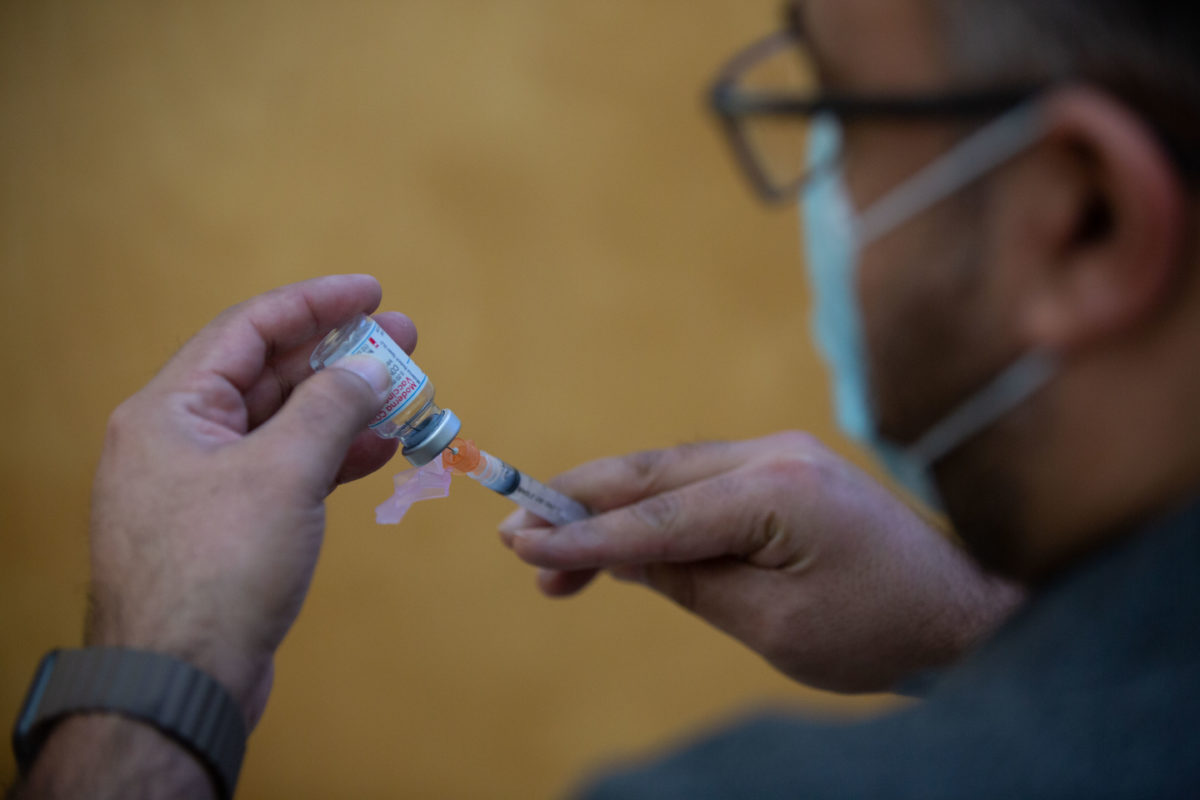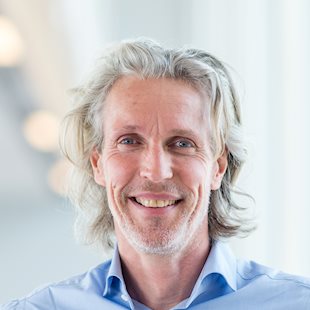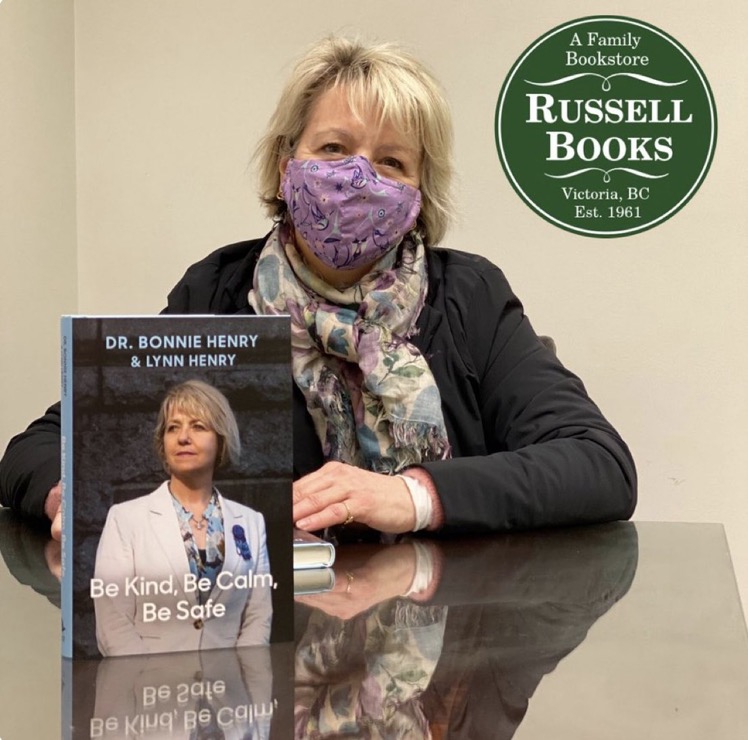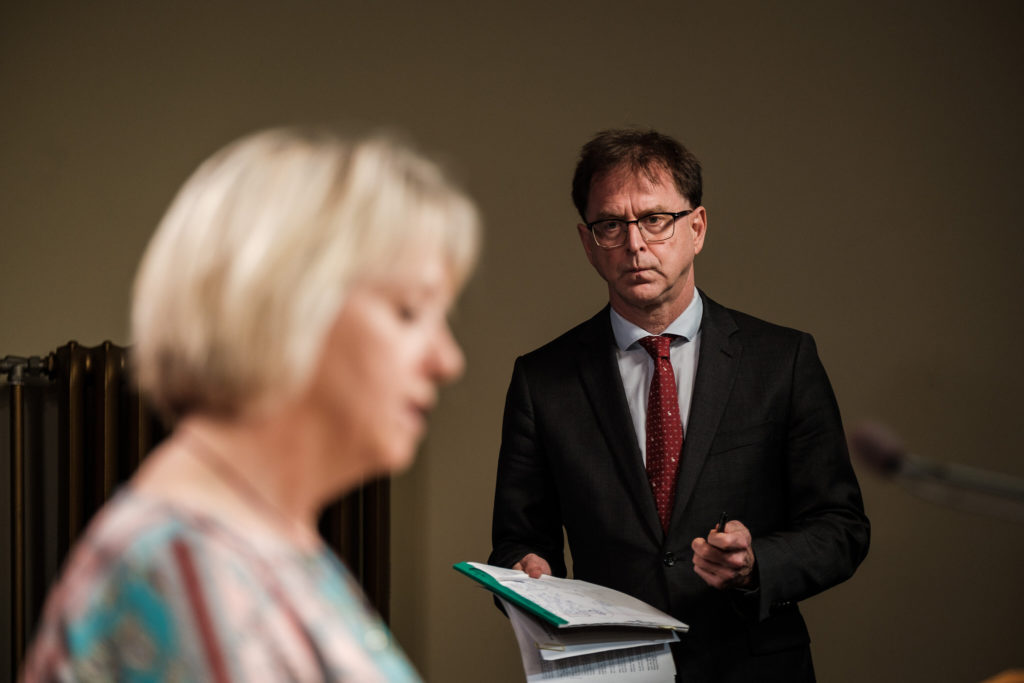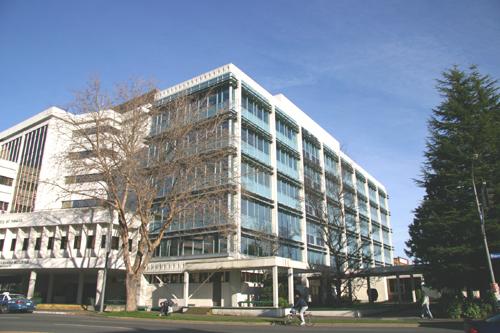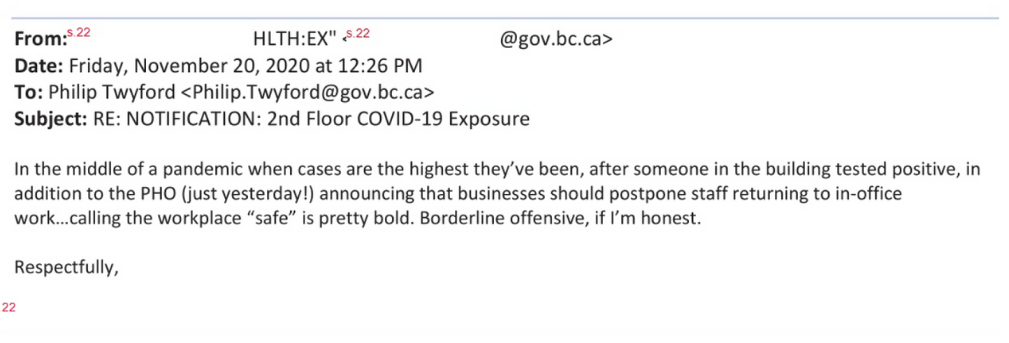Bob Mackin
NDP MLAs went on a pre-election spending spree last summer that may have broken B.C. Legislature rules.
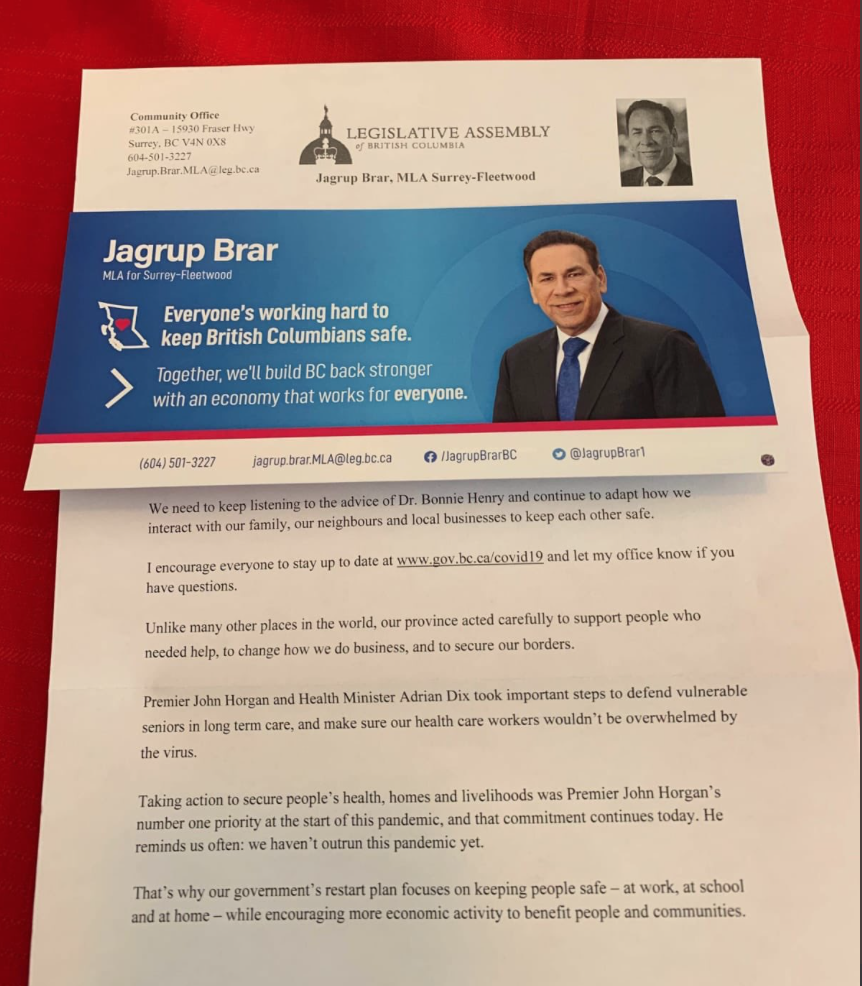
Jagrup Brar’s mailing to constituents (Norm Letnick/Twitter)
An analysis by theBreaker.news of invoices shows that nearly all of the 19 MLAs involved in a targeted mass-mailing represented ridings the party feared losing.
Together they combined for almost $145,000 taken from the Legislature budget to pay for printing and mailing letters, leaflets and postcards to constituents in the days before Premier John Horgan called a snap election.
On Sept. 22, the day after the Legislature was dissolved for the Oct. 24 election, contractor Mail-O-Matic Services Ltd. of Burnaby invoiced the NDP Government Caucus for $52,157.24. The invoice shows $92,647.80 was already paid.
Caucus spokesman Ed May said “all mailings are in full compliance with Legislature rules, and that no mailings occurred during the election period. The invoice you referenced was for mailings that occurred prior to that date.”
However, the Legislature handbook for MLAs includes a section titled “Use of Constituency Office Allowance” which governs spending on newsletters, household flyers, or advertisements in print, online or broadcast outlets, but with strings attached.
States the handbook: “The content of these advertisements and messages is restricted to announcing or reporting on constituency office activities, how to contact the Member, the role played by the Member in the legislative process, and services provided by the Member to constituents. Members may not use constituency office resources or funds to distribute or mail physical or digital content which promotes partisan or political messages or solicits financial support.”
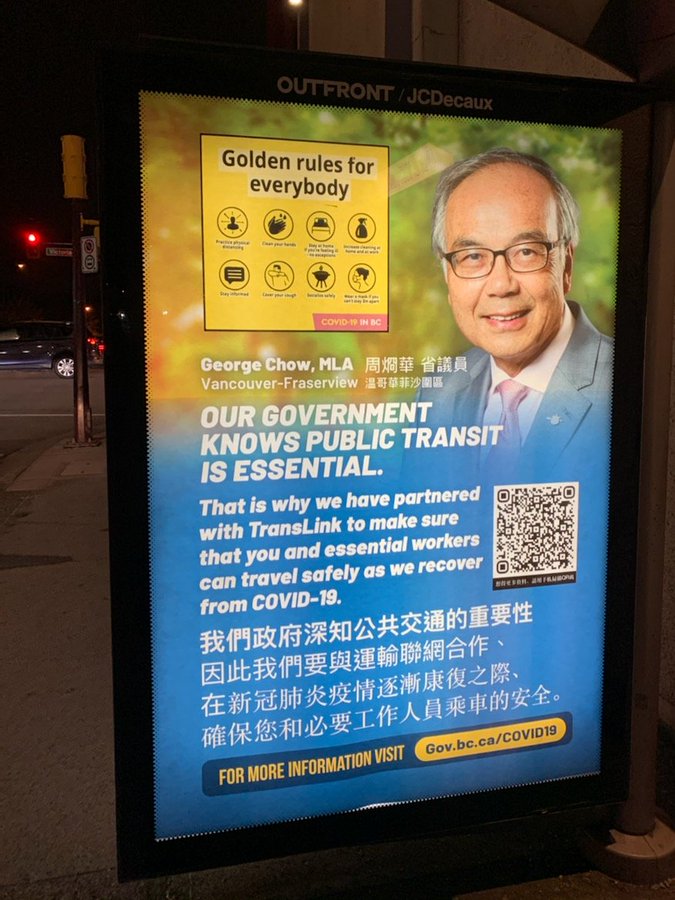
George Chow transit shelter ad (Twitter)
NDP Government House Leader Mike Farnworth, who is a member of the Legislative Assembly Management Committee, did not respond for comment.
Of the $78,387 in postage charges listed on the Mail-O-Matic invoice, Courtenay-Comox’s Ronna-Rae Leonard was the biggest spender at $7,511.45. Leonard swung the BC Liberal riding to the NDP in 2017 by just 189 votes.
After a 200-vote loss in 2013, Jagrup Brar turned Surrey-Fleetwood into an NDP riding in 2017. The postcard in his mailing contained generic, non-local messages about healthcare and education and a quote and photo of Dr. Bonnie Henry. The letter lauds Premier John Horgan and Health Minister Adrian Dix and promotes the NDP government’s restart plan. Brar’s mailing cost $3,290.94 in postage fees.
The Canadian Taxpayers’ Federation’s B.C. Director said what the NDP did is part of a concerning federal and provincial trend across the political spectrum. Kris Sims said it is “disappointing” and called on the NDP to repay the treasury.
“We’d like to see it stop,” Sims said in an interview. “I was born in the morning, but I wasn’t born this morning. Most common-sense people know if you’re ramping up to an election, you shouldn’t get a whole bunch of stuff printed with your name on it, if your name is going to be on the ballot.”
Sims wondered why the NDP couldn’t make do with what it already had. The party already received the $1.6 million per-vote subsidy that replaced corporate and union donations and raised $6.3 million in donations from supporters during 2020.
The disclosures also show that Vancouver-Fraserview MLA George Chow was charged $10,269 by Outfront Advertising for six transit shelter ads in his riding beginning Sept. 14. Chow’s poster ad referred to the NDP government’s bailout funding to TransLink. Meanwhile, two MLAs bought bulk masks that were branded with their names for giveaway in-person and by direct mail.

Bowinn Ma models her branded mask (Twitter)
North Vancouver-Lonsdale’s Bowinn Ma, who upset a BC Liberal in 2017, ordered 3,000 custom facemasks from Dad’s Printing on July 27 for $10,416 and 2,000 adjustable earloop facemasks for $8,187.20 on Aug. 31 from Dad’s. The prices also included polybagging.
Ma promoted the second shipment of masks on Sept. 1, exactly three weeks before Horgan made her riding his first Lower Mainland campaign stop.
Delta North’s Ravi Kahlon, who also beat a BC Liberal in 2017, spent $11,648 on 4,000 masks from Dad’s Printing on Aug. 5.
Neither Ma nor Kahlon responded for comment.
“Advertisements are common and regular costs for any MLA office and appear on a variety of platforms and products,” May said.
Sims suggested Ma and Kahlon could have given away masks without using the items for campaign brand-building.
“Who doesn’t want a free mask? Lots of people are really worried, it’s a good way of building community,” Sims said. “But why not just put the B.C. logo on it then? Why do you need to put your name on it?”
Throughout last summer, Horgan played coy when asked by reporters if he would call an election one year early, during the pandemic. Meanwhile, the party left a trail of breadcrumbs about its intention to break the confidence and supply agreement with the Green Party in order to gain a majority.
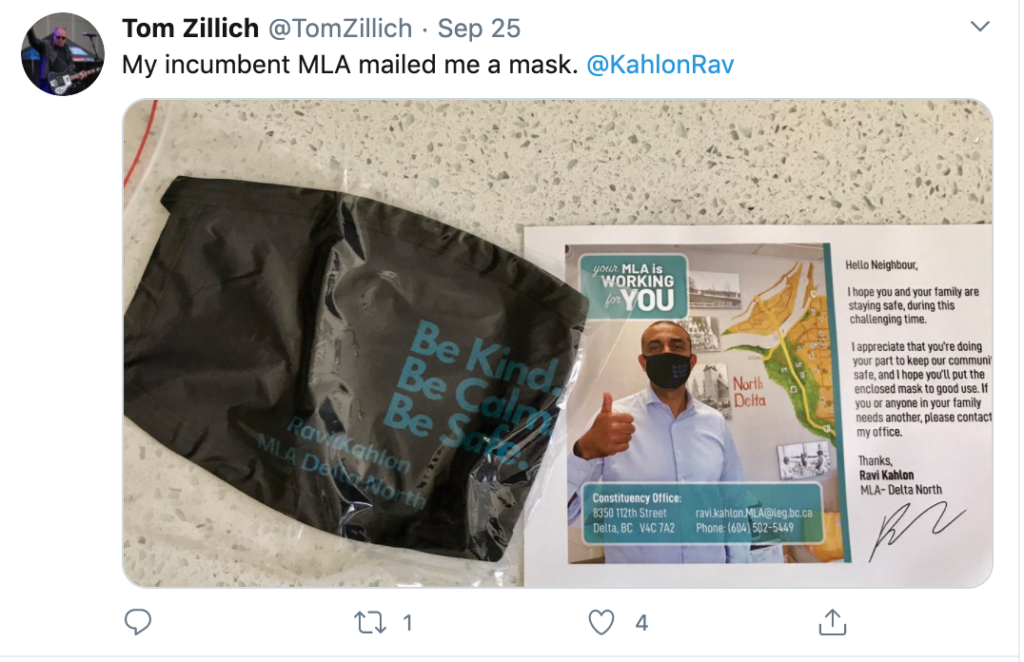
Ravi Kahlon sent masks after the election was called (Tom Zillich/Twitter)
In early June, it held a series of campaign planning and training seminars for party workers. One of the sessions was about socially distant campaign tactics.
In late June, the government communications department held a series of economic restart telephone town hall sessions that showcased NDP MLAs who defeated BC Liberals in 2017.
The party advertised on its website to find local campaign contractors with an August deadline for job applicants.
Meanwhile, Horgan’s deputy minister Don Wright was in touch with Elections BC head Anton Boegman to explore election dates in October and pandemic protocol voting logistics.
The MLAs’ advertising and promotional spending may also have been a function of incumbent politicians worried that their name recognition had declined. The pandemic summer went by without the usual personal appearances with crowds at community parades and picnics.
But the spending also happened after Finance Minister Carole James revealed the shocking, record $12.5 billion deficit in July.
Support theBreaker.news for as low as $2 a month on Patreon. Find out how. Click here.
Bob Mackin
NDP MLAs went on a pre-election
